The United States said on May 27 that China is blocking its calls for an urgent meeting at the United Nations Security Council on the Chinese regime’s move to impose the communist party’s so-called “national security” legislation on Hong Kong.
Beijing’s national security legislation, which was passed by China’s rubber-stamp legislature in the afternoon on May 28, will “threaten Hong Kong’s democratic institutions and civil liberties,” the U.S. Mission said.
The law, which was designed to allow Beijing to bypass Hong Kong’s own legislature, bans acts of “secession, subversion, and terrorism activities” against China’s ruling Chinese Communist Party (CCP), and has attracted condemnation both inside and outside Hong Kong.
It reignited mass protests in the city, with tens of thousands of Hong Kongers voicing their opposition to Beijing’s law in protests on May 24. Further protests have been planned for the coming weeks.
Many fear that the law would be used by Beijing to suppress and persecute dissenting voices. Local anti-CCP advocates, human rights advocates, and pro-democracy advocates and lawmakers note that the “national security” laws are frequently used to prosecute and jail dissidents in the mainland.
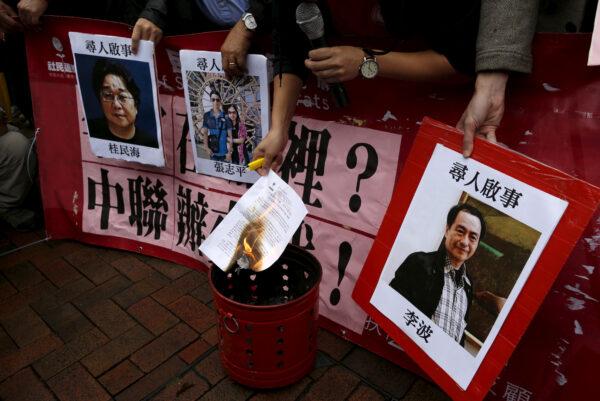
“Unsurprisingly,” the U.S. Mission said, the CCP has blocked the meeting from proceeding in the Security Council.
“This is another example of the Chinese Communist Party’s fear of transparency and international accountability for its actions, and belief that it can exploit the current global health pandemic to distract the world from its intended assault on Hong Kong and abrogation of its own commitments to the Hong Kong people,” the statement reads.
China, in response, accused the United States of being “the trouble maker of the world.”
“Legislation on national security for Hong Kong is purely China’s internal affairs,” he wrote.
The U.S. Mission had argued that the meeting at the U.N. was necessary as the 1984 Sino-British Joint Declaration is “a legally binding treaty registered with the UN.”
It said that China’s refusal to allow a Security Council meeting on the matter to proceed, coupled with “its gross cover-up and mismanagement of the COVID-19 crisis, its constant violations of its international human rights commitments, and its unlawful behavior in the South China Sea, should make obvious to all that Beijing is not behaving as a responsible U.N. member state.”
“We call on the PRC to immediately reverse course and honor its promises under the Sino-British Joint Declaration,” the statement concluded.
Zhang also accused the United States of violating its “commitments under the international law.”
“China urges the U.S. to immediately stop its power politics and bullying practices,” he said.
“Today, I reported to Congress that Hong Kong is no longer autonomous from China, given facts on the ground,” Pompeo said in a tweet. “The United States stands with the people of Hong Kong.”
President Donald Trump on Tuesday promised a “very interesting” response from his administration “before the end of the week” after seeing that the regime was likely to go ahead with the law. It is still unclear whether Trump will opt for what has been called the “nuclear option”—stripping Hong Kong of its special economic status that the United States has conferred on it since the end of British rule more than two decades ago.
The state department has yet to respond to a query from The Epoch Times.
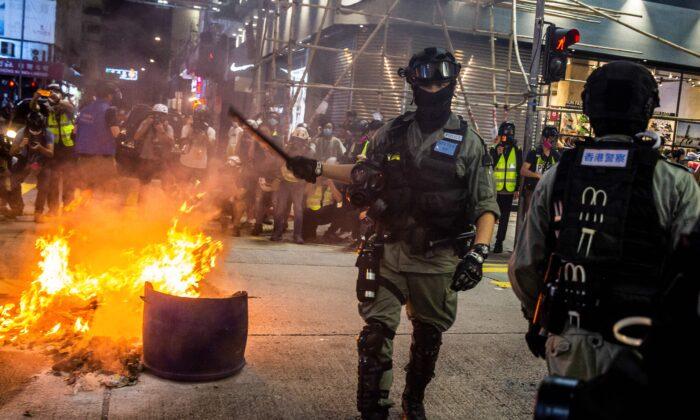


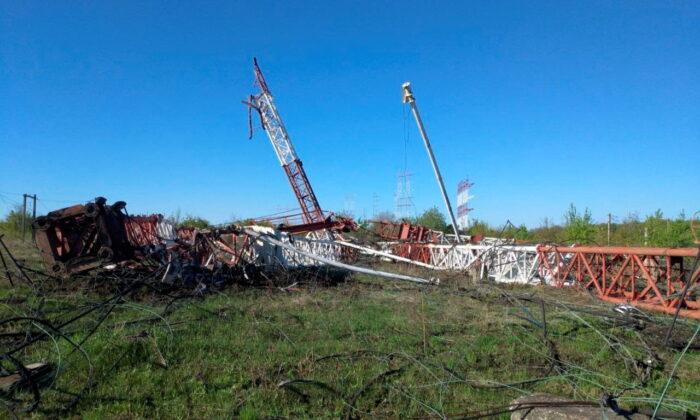
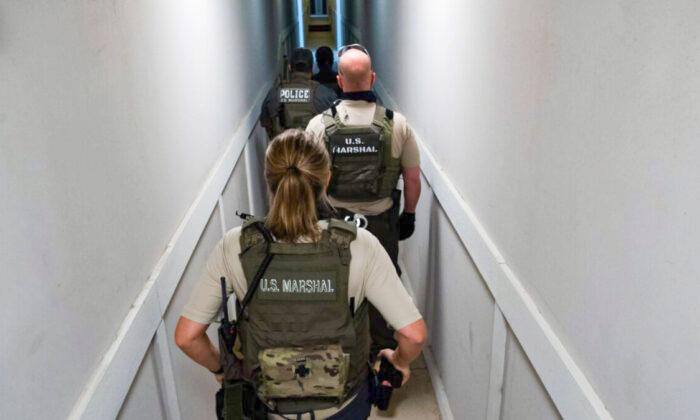
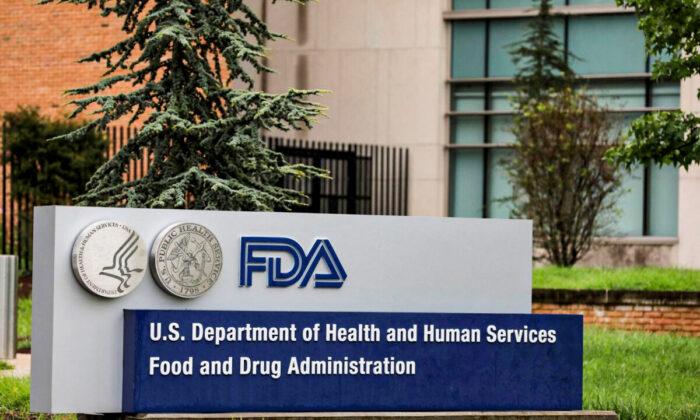
Friends Read Free